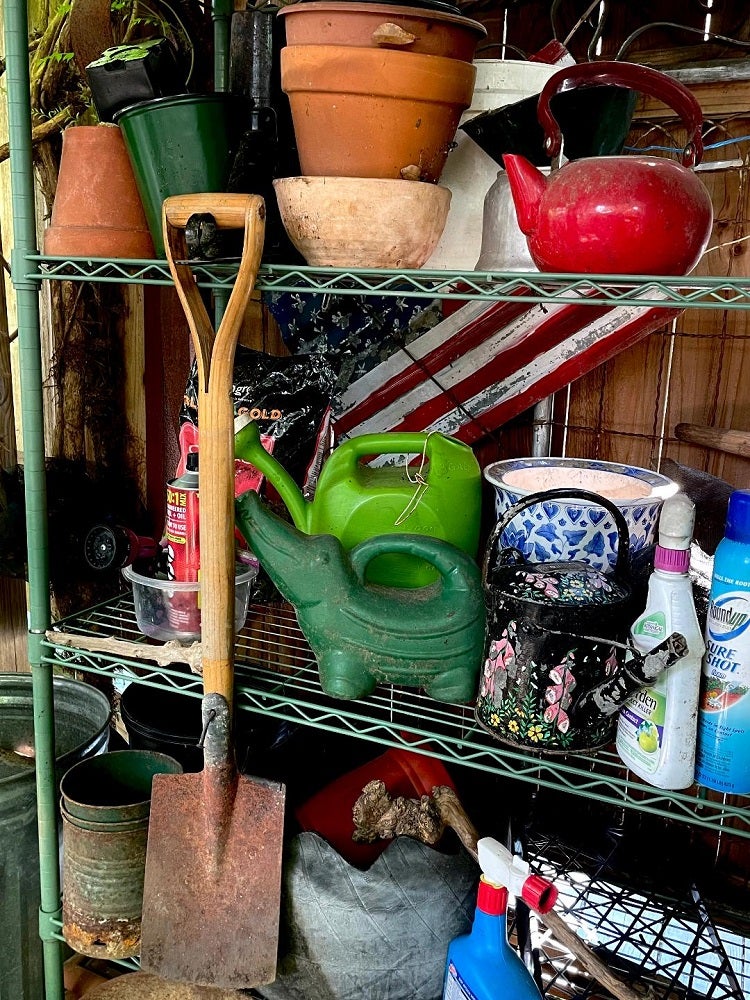U.S. healthcare ranked lower than in most developed nations, part 2
Published 7:00 am Friday, August 18, 2017
By Trudy Lieberman
In The Commonwealth Fund’s latest study comparing the U.S. with 10 other countries – the United Kingdom, Australia, The Netherlands, New Zealand, Norway, Sweden, Switzerland, Germany, Canada, and France – the U.S. ranks dead last.
In this latest survey, the U.K. ranked number one overall and was judged the best when it came to equity and the process of care – preventive care, safe care, coordinated care and patient preferences – and third when it came to access. People in Britain seem to be doing OK despite all those queues for services Americans have heard about from the media.
When it came to equity, access to care, and health outcomes, the U.S. ranked last, which also challenges the common assumption we have the best care in the world.
The U.S. has given a lot of attention to healthcare over the past decade, and the positive changes made by the Affordable Care Act have substantially decreased the number of uninsured and provided generous subsidies to help them buy coverage. I would have expected our rankings to improve. I asked Schneider about that.
He explained that the lack of universal coverage is a barrier and the cost of care is still too high for too many Americans, even if they have insurance. Families with incomes in the middle ranges of eligibility for ACA subsidies – incomes of around $60,000 or $70,000 – get small subsidies and
face high deductibles and other cost-sharing, a trade-off they must make if they can afford only plans with low premiums.
Our complicated system of getting medical
bills paid and the endless negotiations between providers and insurers – in other words, the administrative hassle – is also a huge drawback. Fifty-four percent of U.S. primary care doctors said insurance restrictions made it hard to get needed treatment for their patients, Schneider said. “That’s a big problem.”
The U.K., Australia, and New Zealand shine on this dimension. Schneider said that if the U.S. changed the way it pays providers, used fee schedules and global budgets – an amount a country, group, or hospital decides it will spend on care – the public would benefit. Just as important, Schneider told me, was the lack of U.S. investment in primary care compared to other countries where primary care is more widely and uniformly available. They dedicate a greater percentage of their medical workforce to that kind of care rather than specialty care. The U.S favors expensive specialists. So does the U.S. do well on anything? Although we ranked last on overall health outcomes such as life expectancy at age 60, there were bright spots such as breast cancer survival and fewer hospital deaths for heart attacks and stroke. Those few achievements are simply not good enough. What’s your biggest beef with the healthcare system? Write to Trudy at trudy.lieberman@gmail.com.




